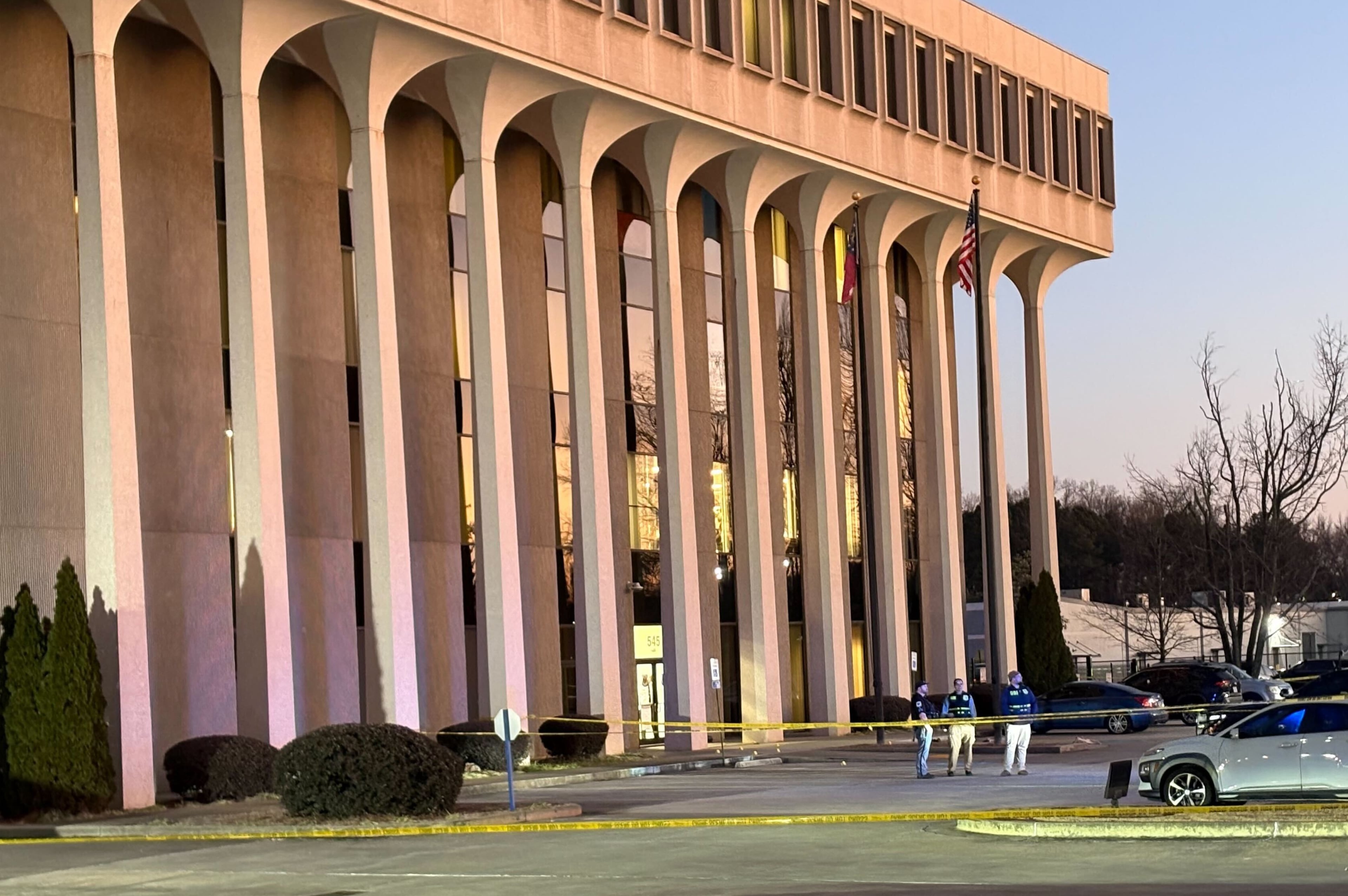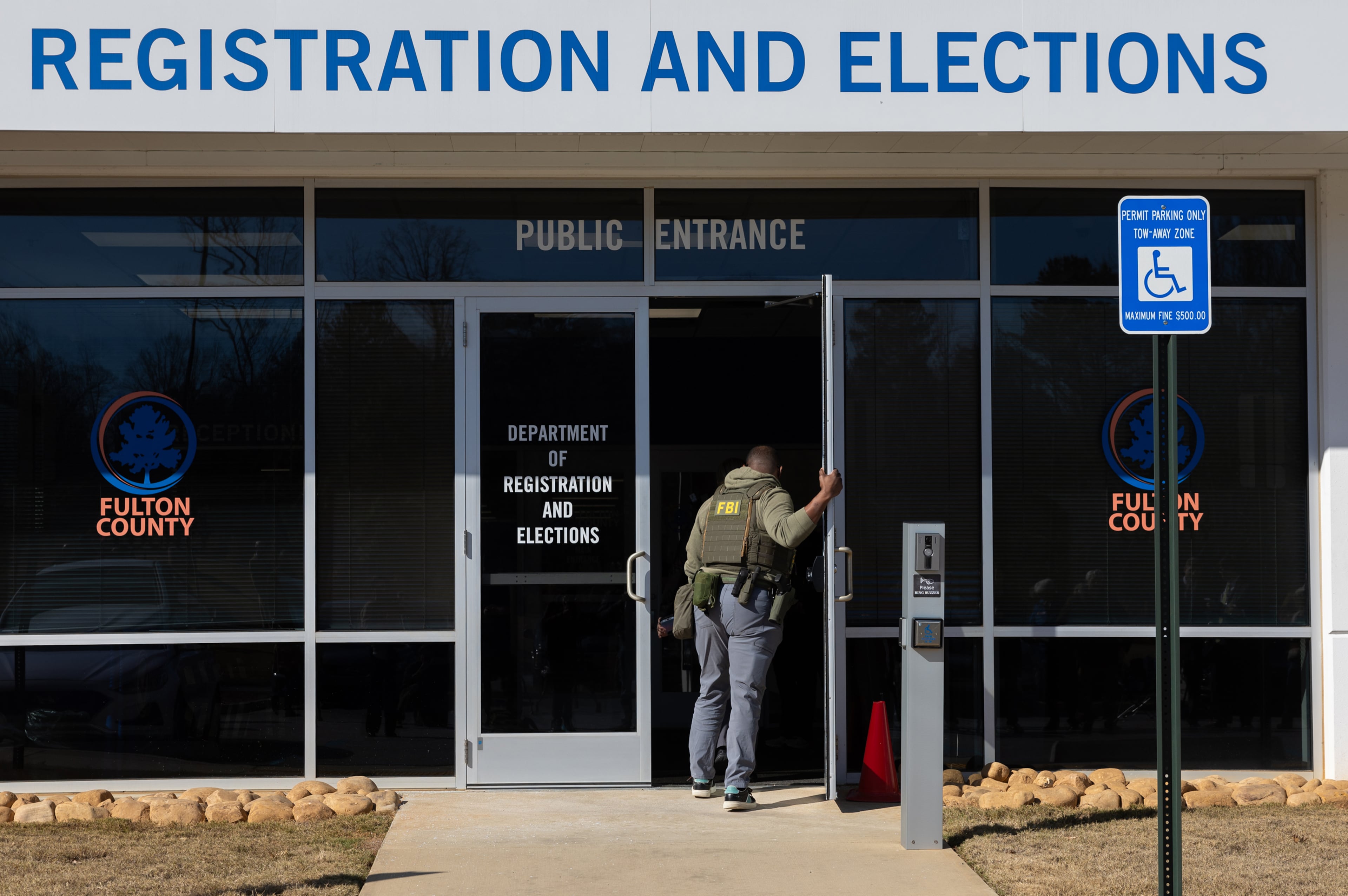Booze laws tweaked in Sandy Springs

It’s the end of the whiskey blues for Sandy Springs connoisseurs who feel excluded from wine and beer tasting events. The city passed a law Tuesday allowing retail package liquor stores to host tastings for distilled spirits.
Licenses for alcohol tastings were previously only issued for beer and wine samplings. Similar to those events, the new law will allow distilled spirits tastings 52 days per year. Events can run no longer than four hours.
License fees for each of the three types of alcohol tastings is $75.
The state requirements for alcohol tastings changed last year when Governor Brian Kemp signed into law HB 879 which allows home delivery of alcohol. The changes also permitted cities to pass ordinances for distilled spirits tastings if officials chose to do so.
Sandy Springs City Council approved the measure during a Tuesday meeting.
It’s one of three moves the city has made or is considering for retail package liquor stores. In addition to allowing tastings for distilled spirits, City Council amended an ordinance that removes a requirement for some new business owners.
Liquor stores must be a certain distance from a church, school or residential neighborhood. Sandy Springs’ law was tweaked so the new owner of an existing business would not have to get the distance verified again if the previous owner’s business license was issued in the preceding 12 months, even if a new church or school had been constructed within the prohibited distance. The original law was similar but didn’t include the latter detail on distance and new structures.
Separately, the Sandy Springs is considering ending public hearings for alcohol beverage licenses. Public hearings with City Council have been held for alcohol beverage licenses since the city was incorporated in 2005. During a May 18 City Council work session, Sandy Springs City Attorney Dan Lee told Council that hearings were essentially a formality if city staff had processed the business owners’ application and found the business was compliant with the law.
“(Public hearing) discussion can’t change that,” Lee said. “If someone wants want a liquor store at the corner of whatever. If it meets that criteria that state law has set, it can’t be denied without probably violating the due process of the applicant.”
During that May meeting, Mayor Rusty Paul said he’s opposed to removing the public hearings and delegating Council responsibilities to city staff.
“Even though [99% of the time] it’s a rubber stamp,” Paul said of hearings for alcohol beverage licenses, “giving up that responsibility and that control is still something that always concerns me.”



